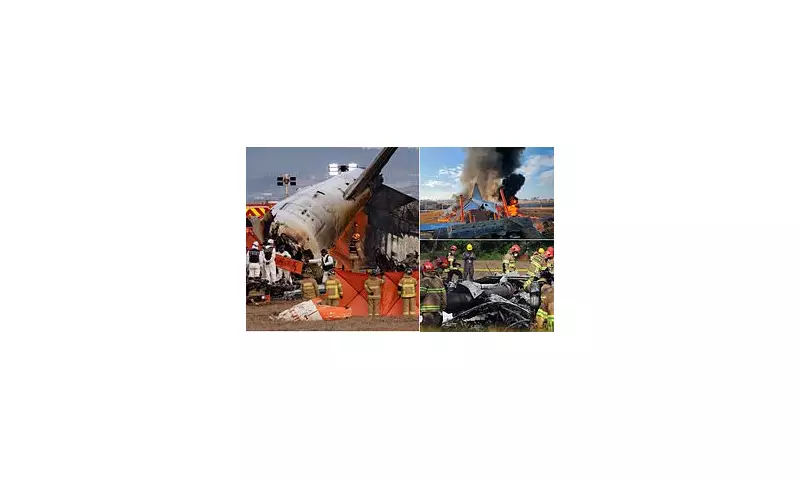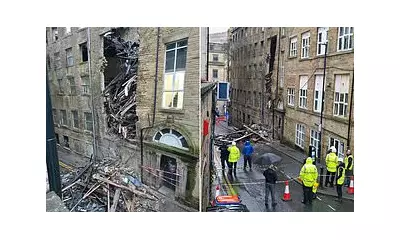
A devastating plane crash in South Korea that claimed 179 lives has been attributed to pilot error, according to an official investigation report. The aircraft slammed into a concrete barrier before erupting in flames in one of the country's worst aviation disasters.
Catastrophic Impact and Immediate Aftermath
The ill-fated flight, operated by Asiana Airlines, crashed while attempting to land at Daegu International Airport. Eyewitnesses described horrifying scenes as the plane struck a concrete wall at high speed before bursting into flames.
Emergency services rushed to the scene, but the intensity of the fire and impact made rescue efforts extremely challenging. Tragically, 179 of the 198 people on board perished in the disaster.
Investigation Findings
The comprehensive report identified several critical errors by the flight crew:
- Failure to properly monitor altitude during approach
- Incorrect response to automated warning systems
- Poor decision-making in challenging weather conditions
Investigators concluded that these mistakes directly contributed to the aircraft's fatal descent and subsequent collision with airport infrastructure.
Aviation Safety Concerns
The tragedy has raised serious questions about pilot training and aircraft safety protocols in South Korea's aviation industry. Experts are calling for:
- Enhanced simulator training for emergency scenarios
- Stricter oversight of pilot performance
- Improved communication protocols in cockpits
This incident marks one of the deadliest aviation accidents in South Korea's history and has prompted nationwide mourning. The government has pledged to implement all recommended safety measures to prevent similar tragedies in future.





